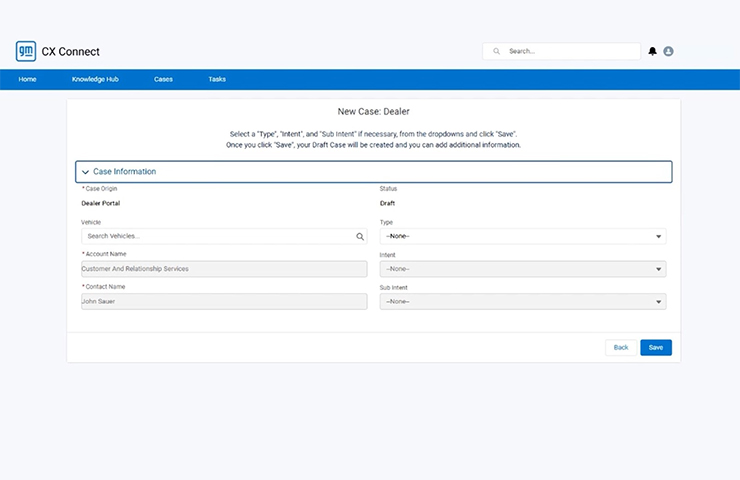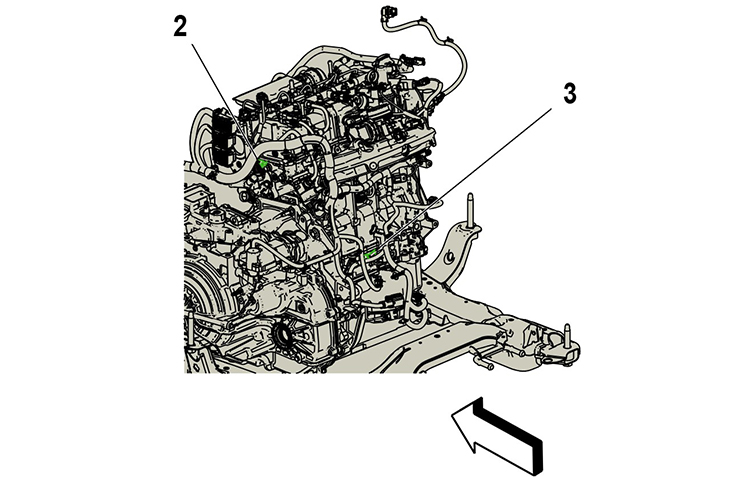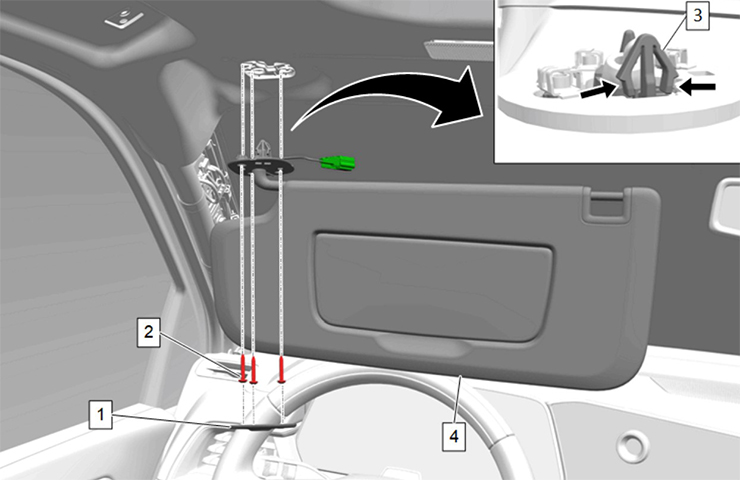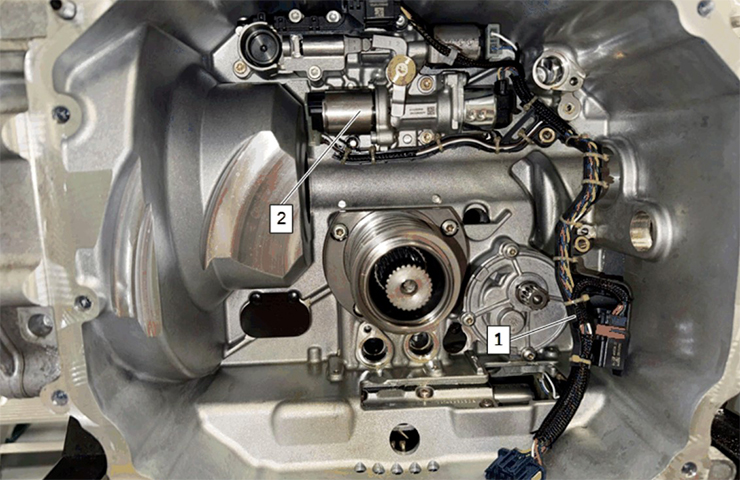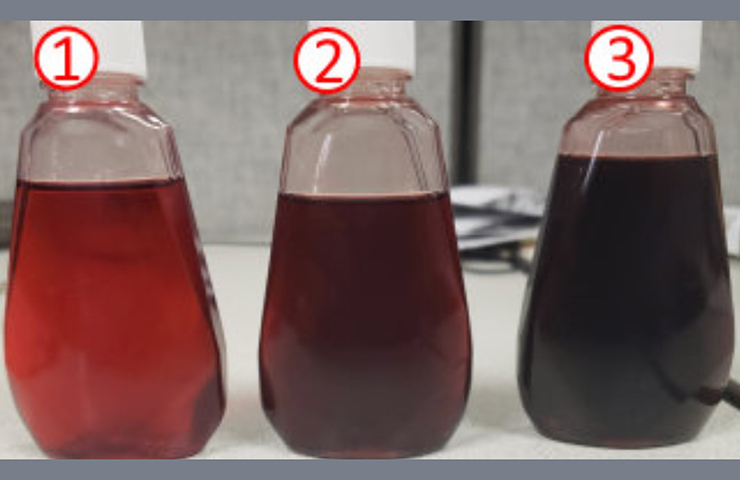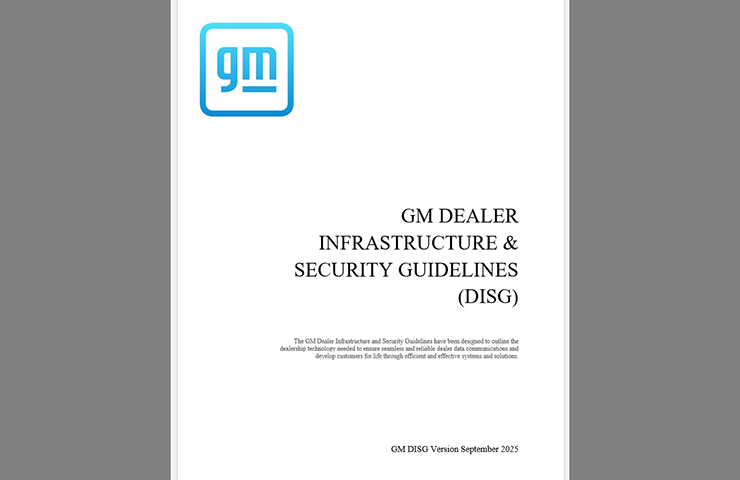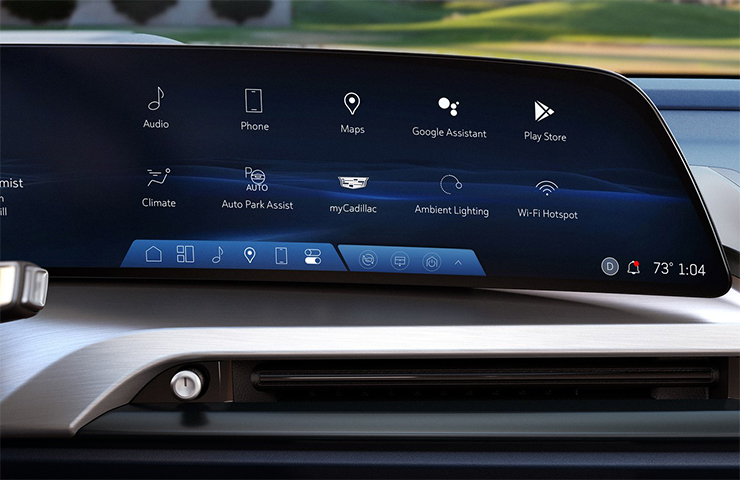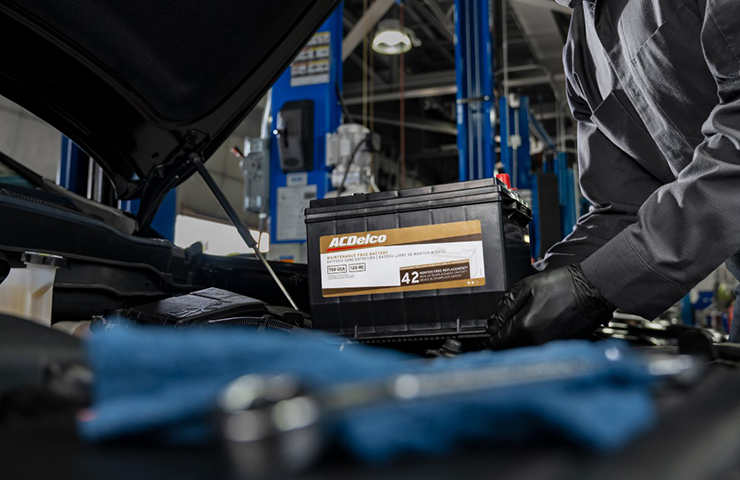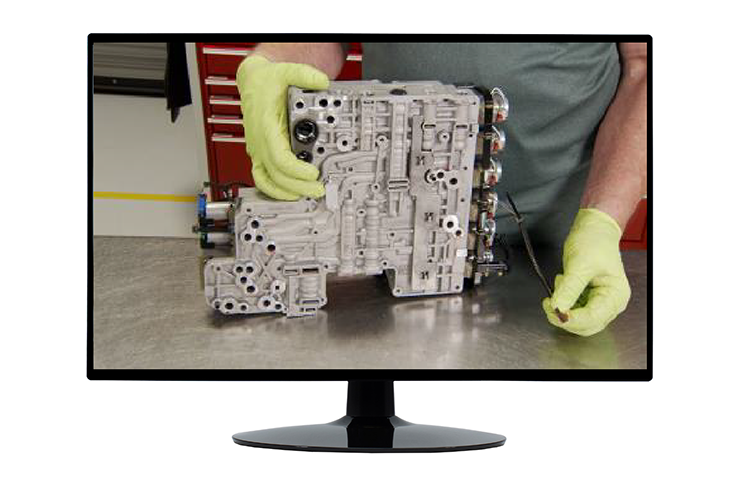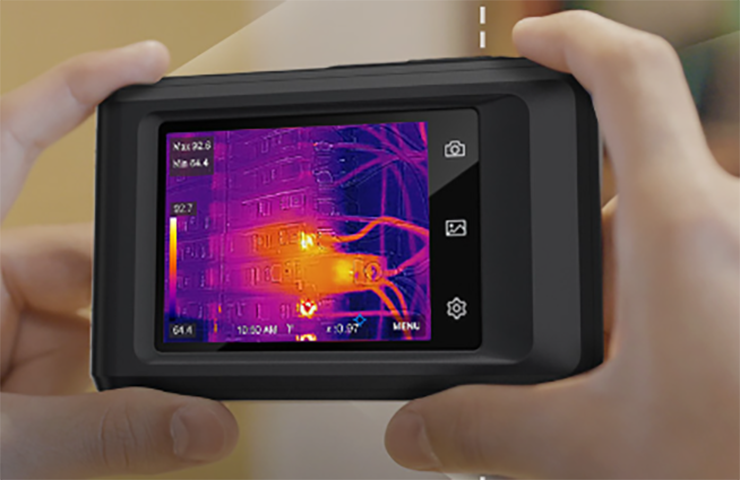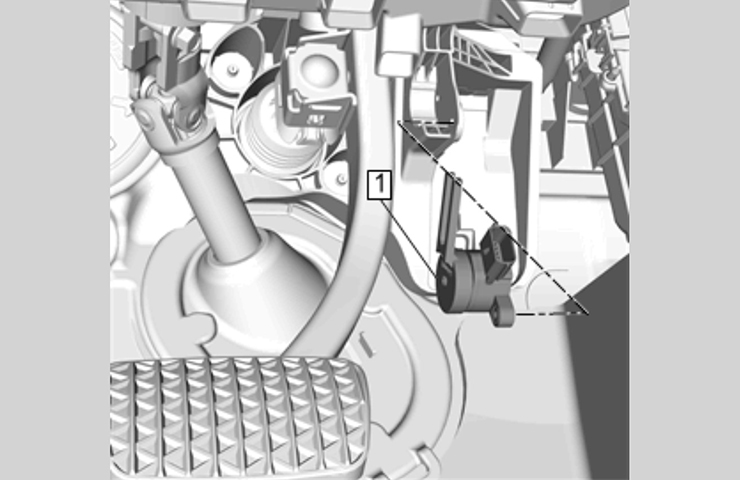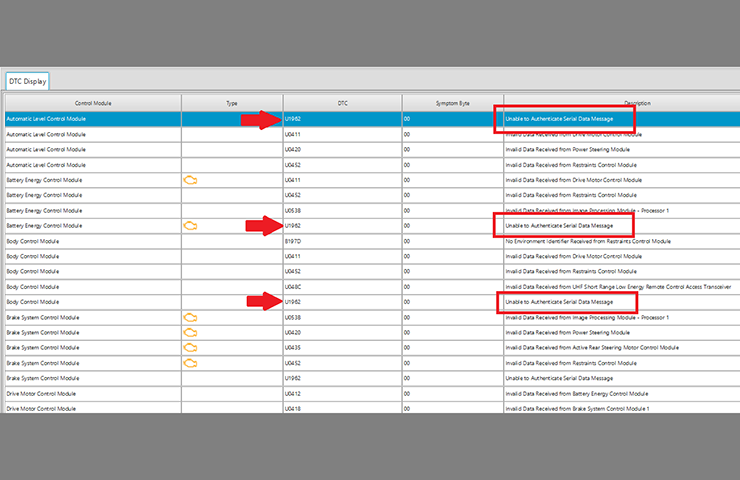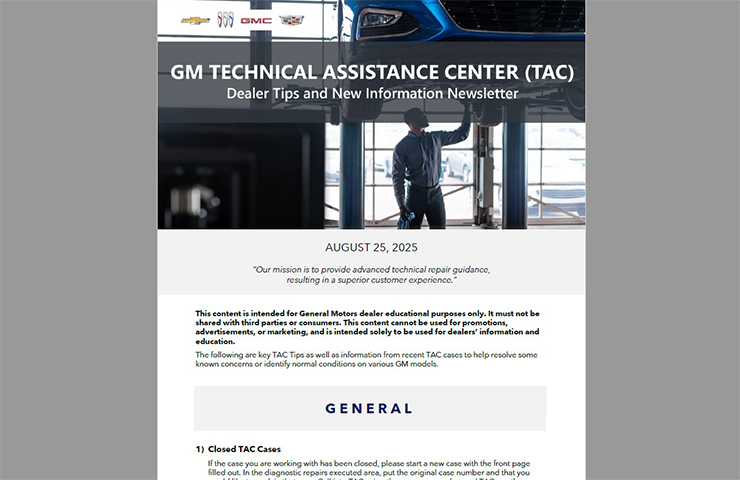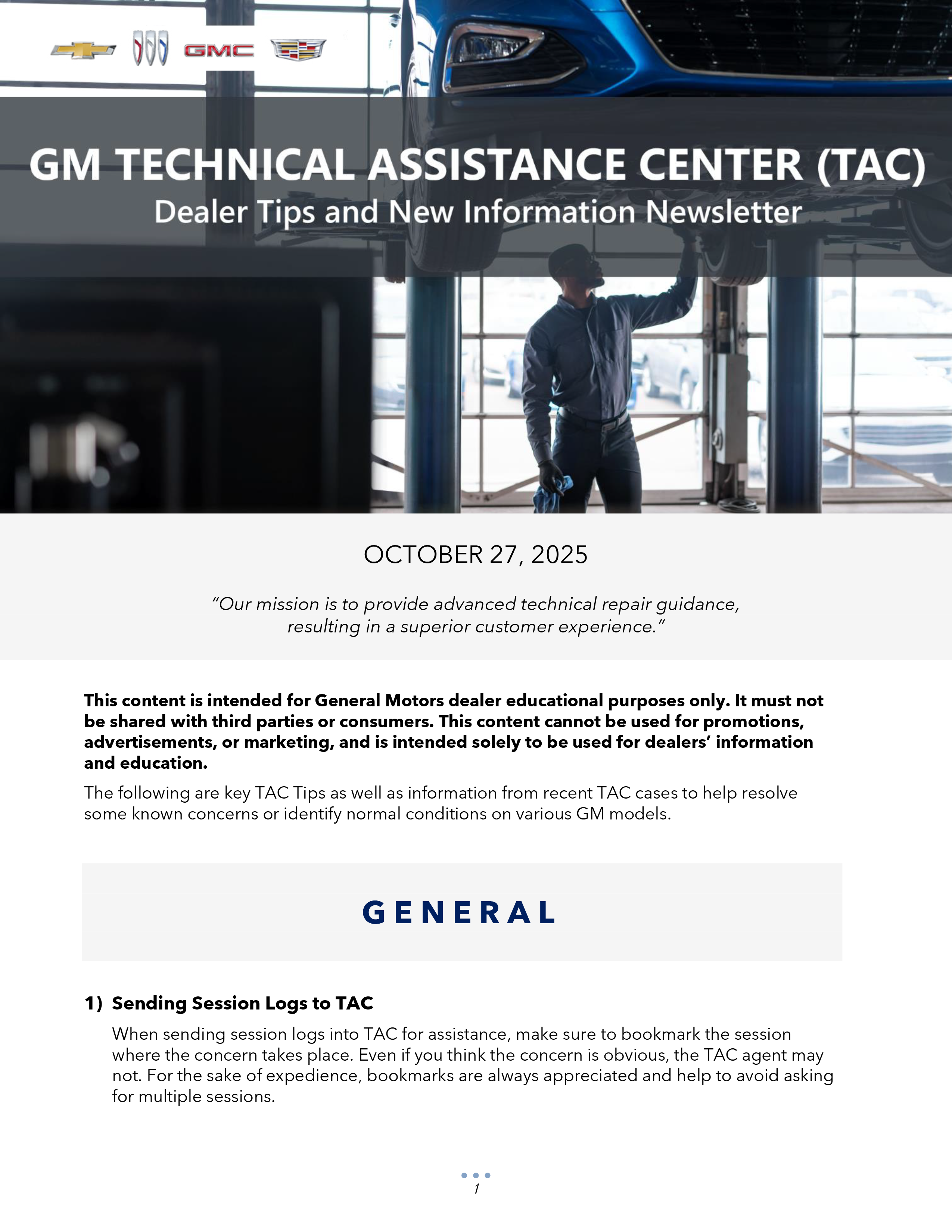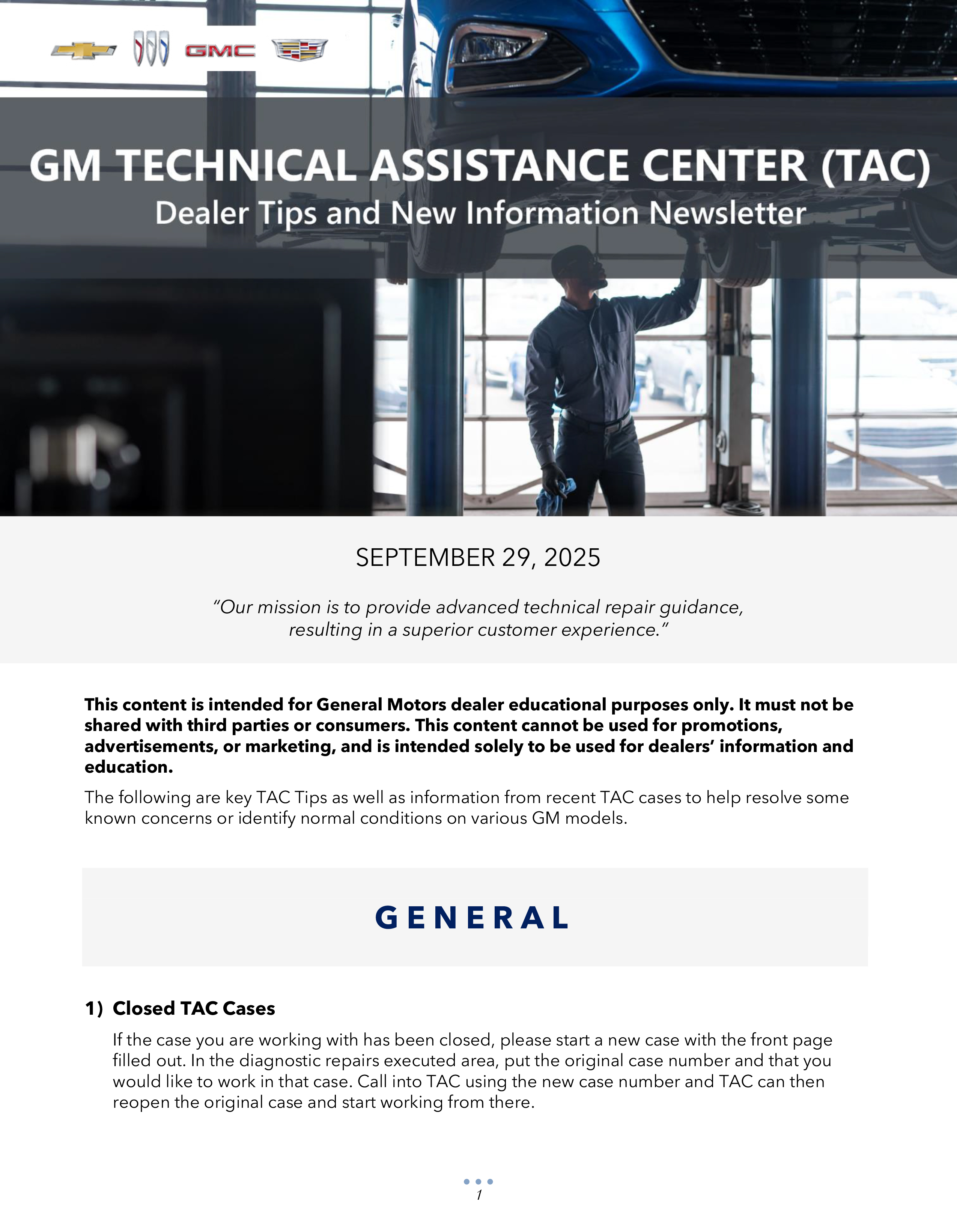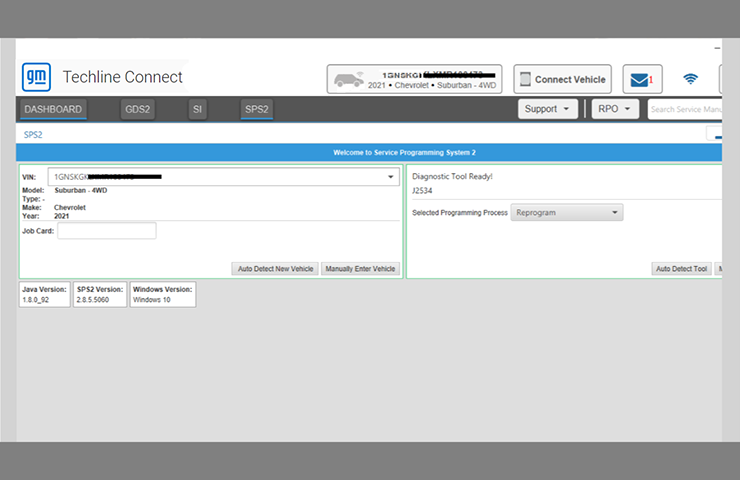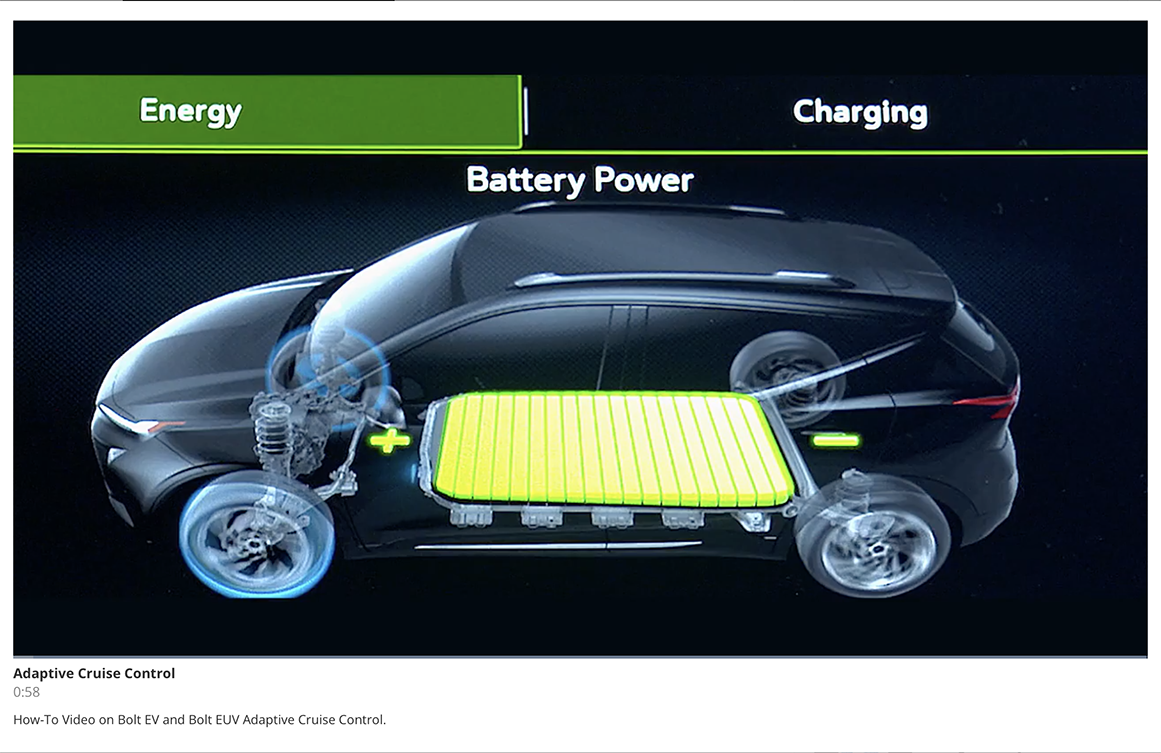Some 2020 Corvette models may have a rushing air or hissing sound coming from the engine compartment during normal engine operation. The hiss or vacuum leak sound is at the foul air Positive Crankcase Ventilation (PCV) tube to intake connection and is caused by normal air flow through the PCV tube.
A closed crankcase ventilation system is used on the 6.2L V8 engine (RPO LT2) in order to provide a more complete scavenging of crankcase vapors. The engine ventilation system design also minimizes oil consumption and significantly reduces the potential for oil ingestion during vehicle limit handling maneuvers.
Engine Ventilation System
In the LT2 engine, filtered fresh air is routed from upstream of the throttle plate through a formed nylon fresh air tube (8) to a PCV fitting (9) in the left-side rocker arm cover and a PCV fitting (4) in the right-side rocker arm cover. The design of the rocker arm covers shields rocker arm oil spray, reducing the potential for oil being drawn back into the fresh air PCV tube during any backflow of the ventilation system. Separated foul vapor from the engine oil tank (1) is routed to a PCV fitting (10) in the left-side rocker arm cover and a PCV fitting (5) in the right-side rocker arm cover via a formed nylon recirculation tube (2). Foul crankcase vapor is routed through a formed nylon foul air tube (6) from a PCV connection (3) on the engine oil separator in the engine valley to right side rear of the intake manifold (7). (Fig. 3)
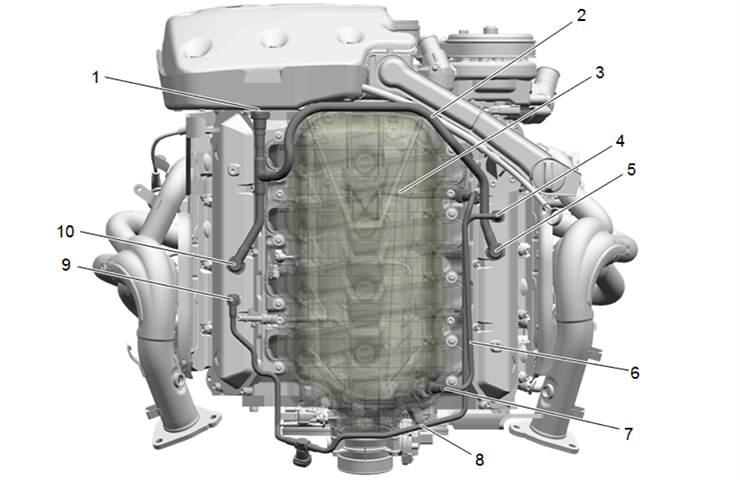 Fig. 3
Fig. 3
PCV Tube Routing
When diagnosing the hissing sound, first verify the correct PCV tube routing. The following photo shows a PCV tube that is incorrectly routed. (Fig. 4)
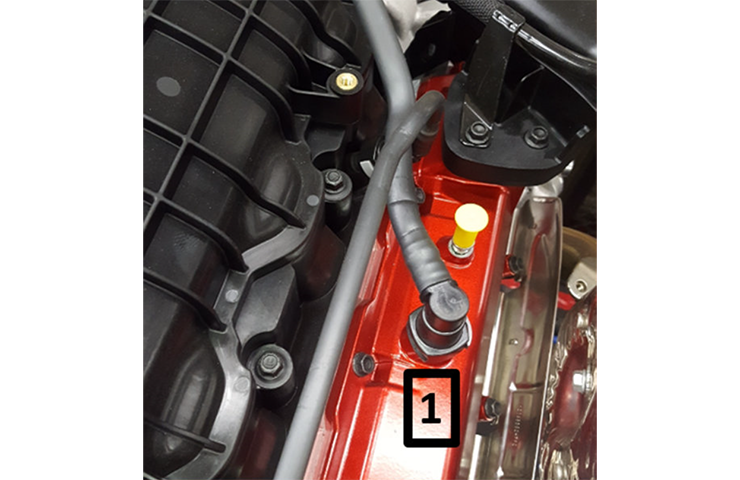 Fig. 4
Fig. 4
The PCV tube is routed correct in the following photo. (Fig. 5)
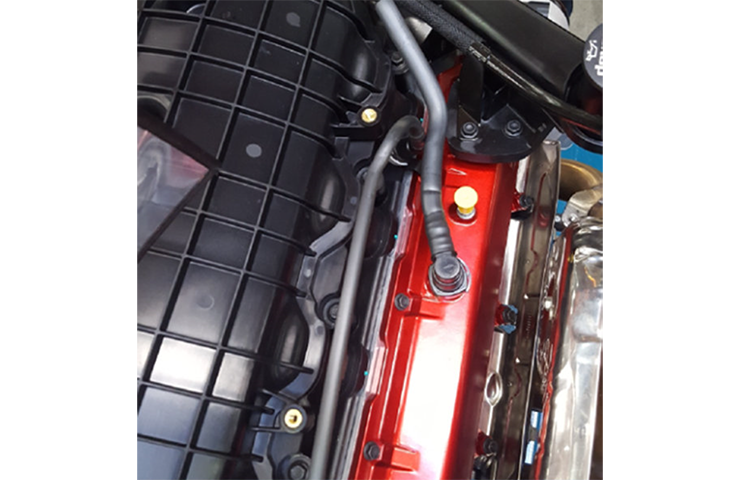 Fig. 5
Fig. 5
The sound may change when moving the PCV tube, which is normal. However, if the PCV tube is routed incorrectly, the sound may be magnified.
If a leak is suspected, perform a smoke test to check the induction system. If tests show that the PCV tube is not leaking, it should not be replaced due to the rushing air or hissing sound only.
– Thanks to Richard Renshaw


